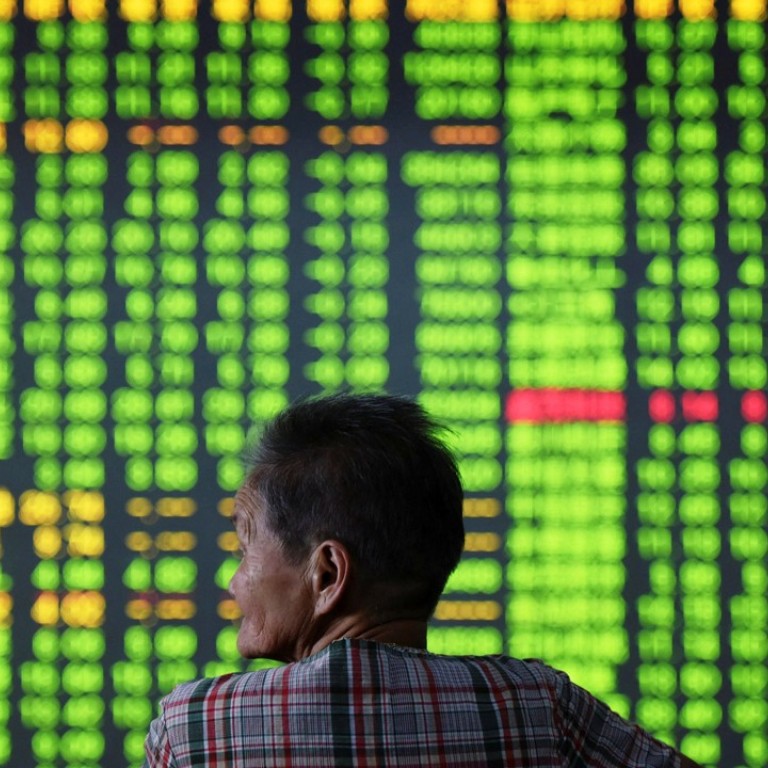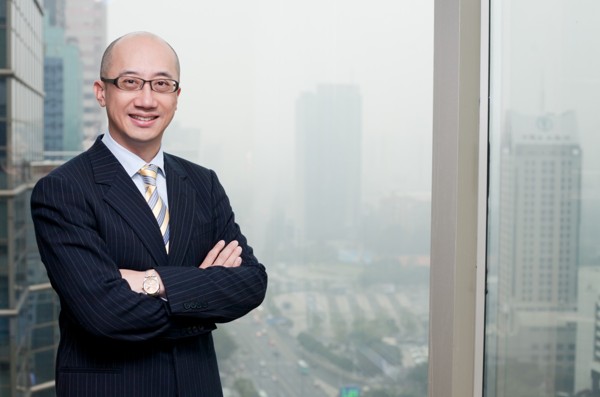
China overtakes Hong Kong as top IPO market as listings surge
The number of listings in China has surged 303 per cent and raised 336 per cent more funds in the first-half of 2017, compared with the year-earlier period, surpassing Hong Kong as the top IPO market, according to EY.
Ringo Choi, Asia-Pacific IPO leader said a total of 246 companies listed on the Shanghai and Shenzhen stock exchanges to raise a total of 125.6 billion yuan (US$18 billion) in the first six months of the year.
The surge was mainly driven by policy and high returns that attracted investor subscriptions, Choi said.
The increase elevated Shanghai to No 2 in the global IPO market and Shenzhen to rank third, having raised US$11.0 billion and US$7.1 billion respectively, bumping Hong Kong stock exchange – with US$6.9 billion raised – to fourth place, according to EY.
“The surge in fund-raising is absolutely shocking. From the looks of it, this will keep on going,” Choi said.

Globally, there were 772 IPOs that raised US$83.4 billion.
Hong Kong, which held the top spot in 2016, accounted for less than nine per cent of the global IPOs and funds raised. EY says 69 companies were listed in Hong Kong in the first half this year, raising US$6.9 billion in funds.
The surge in fund-raising is absolutely shocking. From the looks of it, this will keep on going
“Normally the market will adjust and people think [China]policymakers will reduce the IPO pipeline, but the reality is the market still needs a lot of funding,” Choi said.
Chinese government policies to reform the A-share market, such as encouraging companies to pay cash dividends and the restrictions on major shareholders to offload stocks, boosted the surge in IPOs.
Approval time for IPOs was also shortened and became more predictable, improving market confidence, Choi said.
Higher IPO returns attracted investors, with all A-share listings rising to their debut limit of 44 per cent, while the average IPO return rate reached 153 per cent, significantly exceeding other markets.
The Chinese listings mainly came from industrials, consumer product and the retail sectors.

